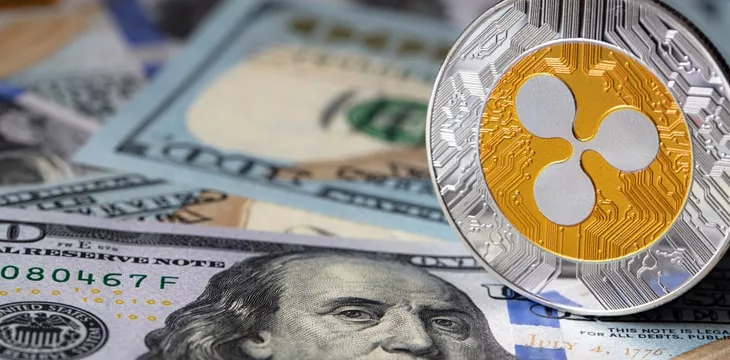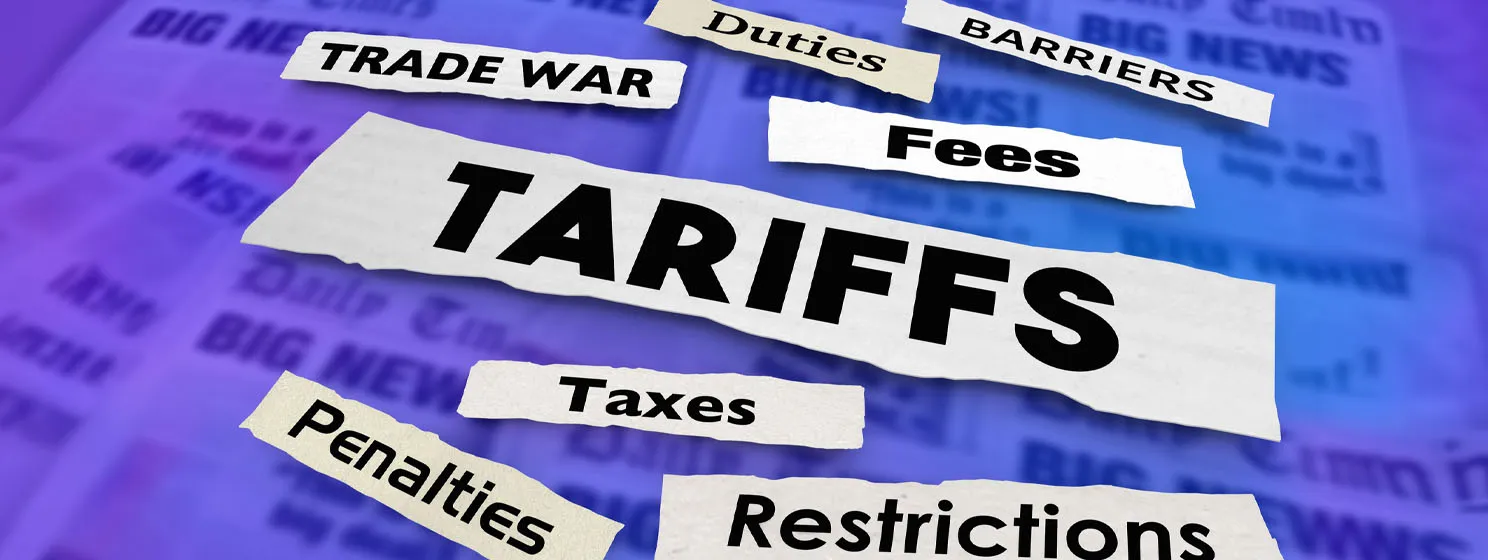|
Getting your Trinity Audio player ready...
|
Ripple, the San Francisco-based payments company at the heart of a high-profile lawsuit with the U.S. Securities and Exchange Commission (SEC), announced Wednesday that it had bought Metaco, a Swiss firm specializing in digital asset custody for financial institutions.
The move comes as many U.S.-based companies operating in the blockchain space begin to look overseas as the SEC and other regulators continue their clampdown on securities violations and other rule-breaking.
It’s understood that Ripple paid $250 million in cash for the Swiss firm, giving it access to potentially important companies like Citi, BNP Paribas, and French bank Société Générale.
Ripple CEO Brad Garlinghouse stated that Ripple was “on the offensive” at a time when the wider industry is dealing with an exodus of capital, mass layoffs, and regulatory clampdowns across the globe.
Metaco was founded in 2015 and helps financial institutions safely store, trade, issue, and manage digital currencies securely. This has become increasingly important to large institutions after the FTX fiasco and subsequent market meltdown that shook confidence in digital assets last year.
Ripple isn’t out of the woods yet—the SEC verdict is near
There’s no doubt that the Ripple/Metaco deal is noteworthy; it’s one of the largest deals in the industry in quite some time and signals that Ripple has no intention of rolling over and dying even if it loses its legal battle with the SEC.
The potential market for custodying digital assets is estimated by some to be worth $10 trillion—an astounding number by any measure. In years to come, this could involve storing anything from central bank digital currencies (CBDCs) to tokenized commodities and even deeds and contracts on the blockchain. The term ‘digital assets’ is all-encompassing, and if the most bullish predictions are correct, everything will eventually be tokenized on the blockchain.
As so-called digital assets become more widespread, large corporations and other institutions will likely increasingly look to third-party solutions like Metaco for security. However, if Ripple loses its case to the SEC, which it may do within months, it will almost certainly harm its reputation irreparably. It’s also possible that it will then face further legal battles in the European Union and other jurisdictions dedicated to bringing law and order to the industry, and Uncle Sam will apply pressure on his economic partners to follow his lead.
If it plays out that way, will large banks and corporations want to do business with a company that has been convicted of selling unregistered security? Even being caught up in this tussle isn’t a good look. While the outcome of the case is by no means certain, it’s highly unlikely that large banks, which are some of the most regulated companies in the world, will embrace a Ripple-owned company should things shake out the way the SEC predicts.
Will the Ripple Metaco deal be just another headline grabber that will die in the dark the way its Moneygram deal did, or will it lead to something more for the company as it emerges from a multi-year legal showdown? As the Zen Master once said, we’ll see.
Follow CoinGeek’s Crypto Crime Cartel series, which delves into the stream of groups—from BitMEX to Binance, Bitcoin.com, Blockstream, ShapeShift, Coinbase, Ripple,
Ethereum, FTX and Tether—who have co-opted the digital asset revolution and turned the industry into a minefield for naïve (and even experienced) players in the market.

 08-12-2025
08-12-2025 





